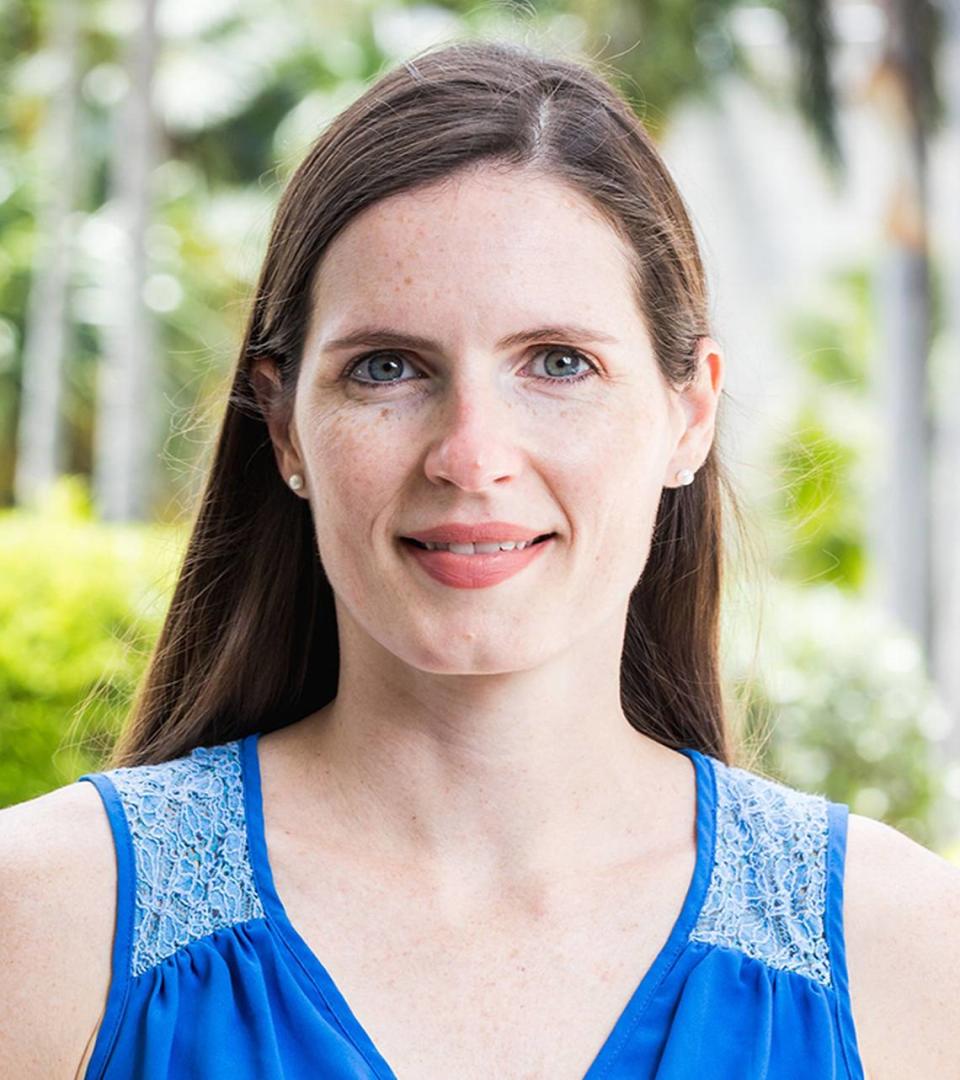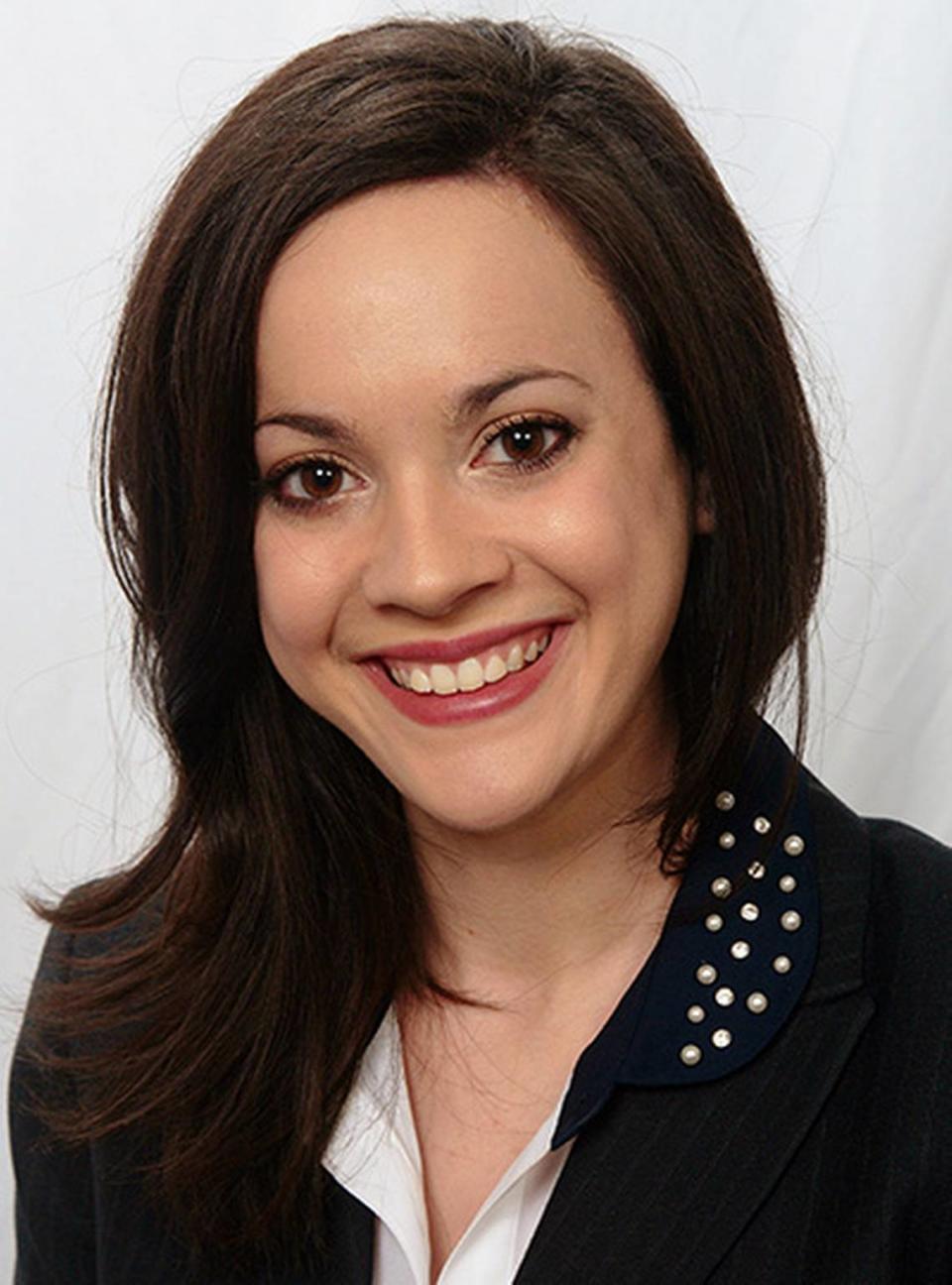If contact tracers ask the right questions, we can stop the spread of COVID-19 | Opinion
There should be no debate: Contact tracing is absolutely necessary to prevent new COVID-19 infections.
As the number of cases continues to skyrocket in South Florida, contact tracing has become — and will remain — increasingly important.
Miami-Dade, in particular, has been the hardest hit by new cases, averaging 1,868 new cases a day over the past two weeks. Not surprisingly, contact tracers have been overwhelmed. Last week, there was some much-needed good news: The county is adding 250 additional contact tracers.
The contact tracing process begins after someone has been diagnosed with COVID-19. The patient is asked to list their contacts, meaning whom they have been around — family, friends, co-workers. Effective contact tracing relies on a complete list of names. The problem is that those names are stored in memory — and getting to that memory relies on contact tracers to ask the right questions, the right way.
Our research at FIU has been testing what the right questions are. If contact tracers apply basic psychology and the “science of memory” to the process, they can be highly effective.
Decades of research provide insight into how we can improve memory during a contact tracing interview, helping us better identify who could be infected. Time and time again, we’ve heard that, in addition to robust testing, contact tracing is key to reopening society successfully.
However, memory is not simply a filing cabinet. When you try to remember something, you can’t just pull the relevant file, report what’s inside and assume that’s all there is. Imagine being asked to name all 50 states. Even if you know them all, there is a good chance you cannot name them all on your first try — remember Ross in that Thanksgiving episode of “Friends?”
But the fact that you forgot a state probably does not mean it’s not in your memory. It’s more likely that you failed to access all of the information on your first attempt. Similarly, if someone asks you to list all your contacts, there is a good chance you will forget some. But the fact that you didn’t remember them doesn’t necessarily mean that you can’t remember them. This is why contact-tracing interviews should use techniques that help a person remember more by taking advantage of how memory works.
The Cognitive Interview is based on well-established psychological principles and has been found over and over again to increase the amount of information an interviewee reports. Cognitive Interview techniques can even be beneficial when the interview is self-administered, meaning no interviewer is needed. This is critical when interviewing personnel are stretched thin, as they currently are in Miami and beyond. Cognitive Interview techniques include providing interviewees with additional cues, asking them to close their eyes to improve concentration and to mentally place themselves back in a particular time and place. If contact-tracing interviews included these simple techniques, they could generate more complete lists of contacts.
This isn’t just speculation; our own research found that contact-tracing interviews based upon the Cognitive Interview yielded more contacts than high-quality traditional contact tracing interviews. The benefits would no doubt be even greater compared to simpler, and likely more typical, interviews in which the patient is asked to list their contacts with minimal follow-up prompts.
Further, COVID-19 is highly contagious, with an incubation period estimated at up to 14 days. This means patients may need to report numerous contacts across many days, especially if there is a long wait to get their test results. This is a very challenging task. And the more difficult the memory task, the more important it is to provide effective cues to improve recall.
As the number of positive cases climbs across our community and public health agencies build their armies of contact tracers, we hope they make use of the research on improving recall in both interviewer-led and self-administered interviews.
If interviews help patients to remember more, we can control the spread of COVID-19.
Jacqueline R. Evans, Ph.D., is an associate professor of psychology and director of the Legal Psychology Graduate Program at Florida International University. She studies investigative interviewing. Alexandra E. Mosser, Ph.D., works in research development and strategy at the University of Miami; she brings teams of scholars together to solve grand challenges to society.



